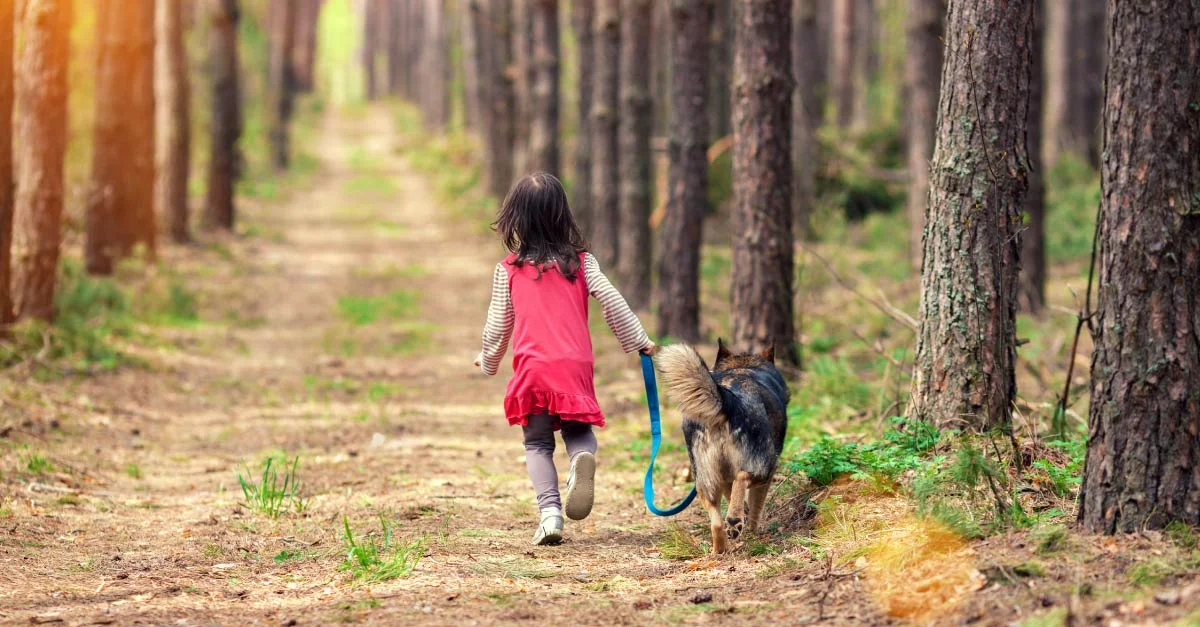Recently someone told me about their dog's death. There was an emotional crackle in their voice. They said it had come on suddenly. One day they took their dog to the Vet. Two hours later they got a call saying that the dog needed to be put down. And like that their dog was gone. They have a new dog now, but they hesitated initially to get him. They didn't know if they wanted to go through the pain again, knowing they would lose someone they loved in near future. But they decided it was worth it.
I heard another story recently about a new cat owner, who was in their early 20s, who was feeling stressed out about the responsibility of taking care of a living thing. It was their first experience in the matter. The cat was unusually needy and needed a lot of petting and attention. And the cat scratched and bit when it was unhappy. "I feel like I'm not doing enough," this person said. "I want her (the cat) to feel loved," this person said through some tears.
The Perils of Love
I recount these anecdotes because I've been thinking about the perils of loving some person or an animal. Love is often painful. An underlying assumption with any meaningful relationship is that loss will happen. Maybe the other person or pet will die. Maybe you will. Maybe you'll move away. Maybe you'll have a fight. Maybe your best friend gets married and you don't get to talk or see them often. Loss is inherent in everything we do. Nothing can stop the vicissitudes of life.
And there are the other pains of loving someone. People are flawed. People can be difficult. People can hurt you. And there is often a burden and guilt that comes along with loving someone. You are in some way responsible for them and their happiness, especially if they are your children, partner or pet. And to fail at making them happy is to confront the pain that you aren't good enough, that you have failed in your duties as a caretaker. And there are times when none of us feel good enough as we are.
So why go through it at all? Because above all else, human beings desire connection. Brene Brown defines "connection as the energy that exists between people when they feel seen, heard, and valued; when they can give and receive without judgment; and when they derive sustenance and strength from the relationship.”
Connection and love are very much related. We love others because it sustains us. It makes us human. Love is ennobling. Without it or its twin virtue, compassion, we would lose our way as a species. (Some would say we already have, especially in the United States, as the forces of greed win over the forces of collectivism, community, and compassion).
Self-Compassion
Self-compassion is the other side of compassion and love for others. One of my professors in graduate school once said, "empathy isn't about seeing what it feels like to be in someone else's shoes. It's about being seeing what it is to live in one's own shoes." I didn't get it for a long time. After all, I already know what it feels like to be me. Why was I paying this school to learn the obvious?
But I was too young or dumb to realize his very basic point. In order to be an empathetic person, one must learn to be empathetic with one's self. I didn't understand that for the longest time. One's psyche can be a brutal place. Negative thinking about one's self can be so pervasive and underlying that we don't even realize how we are berating ourselves. For a long time, I was mean to myself, meaner than I realized I was being. It led to some dark times in my life, sometimes of real depression and sadness.
It was only as I grew older did I understand that I am a flawed person. And that that is ok. But it is with this very basic tenement with which all love grows from. If we are able to connect with our own humanity, we can start to connect with all humanity. And It is in this collective energy that change can begin to happen.

